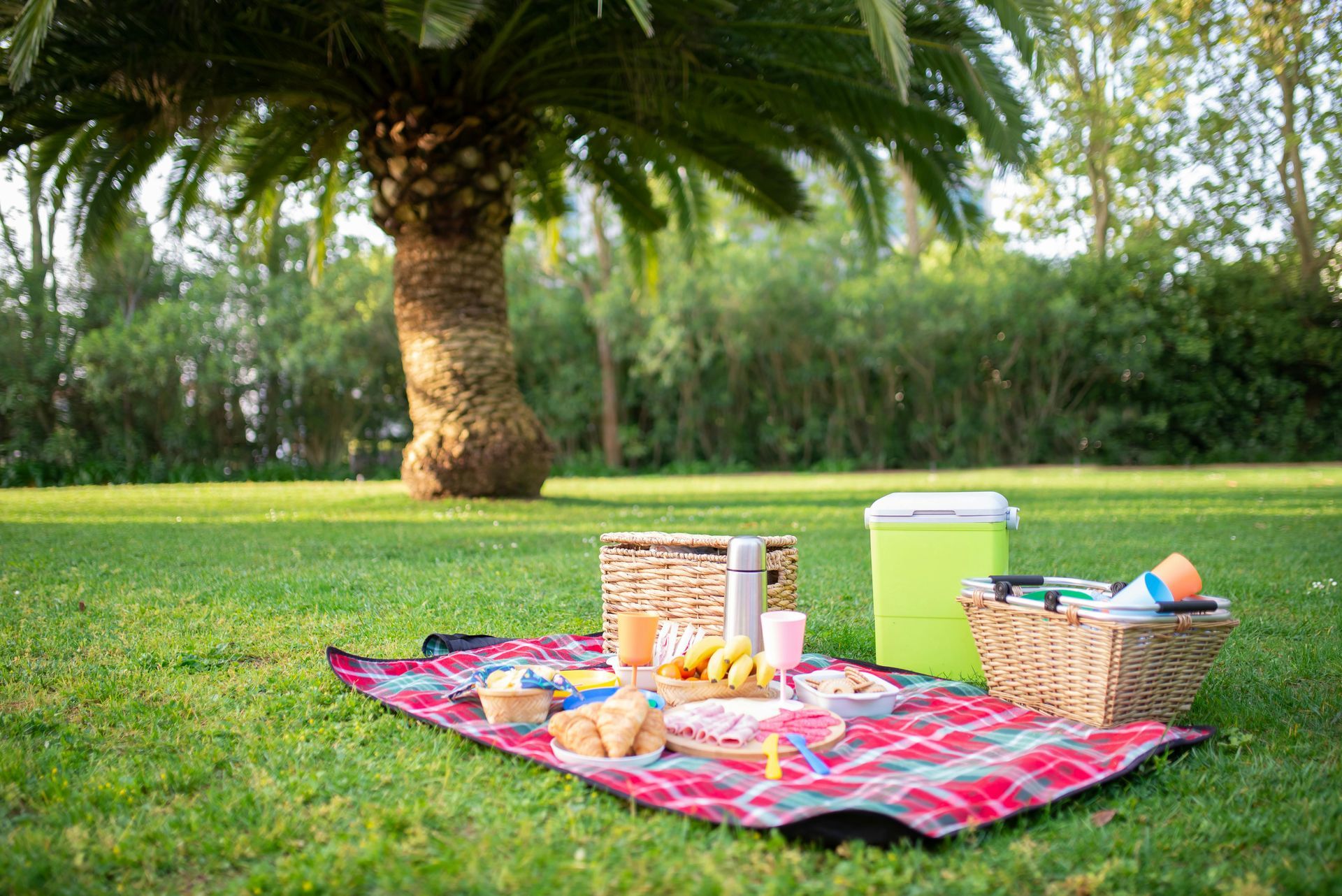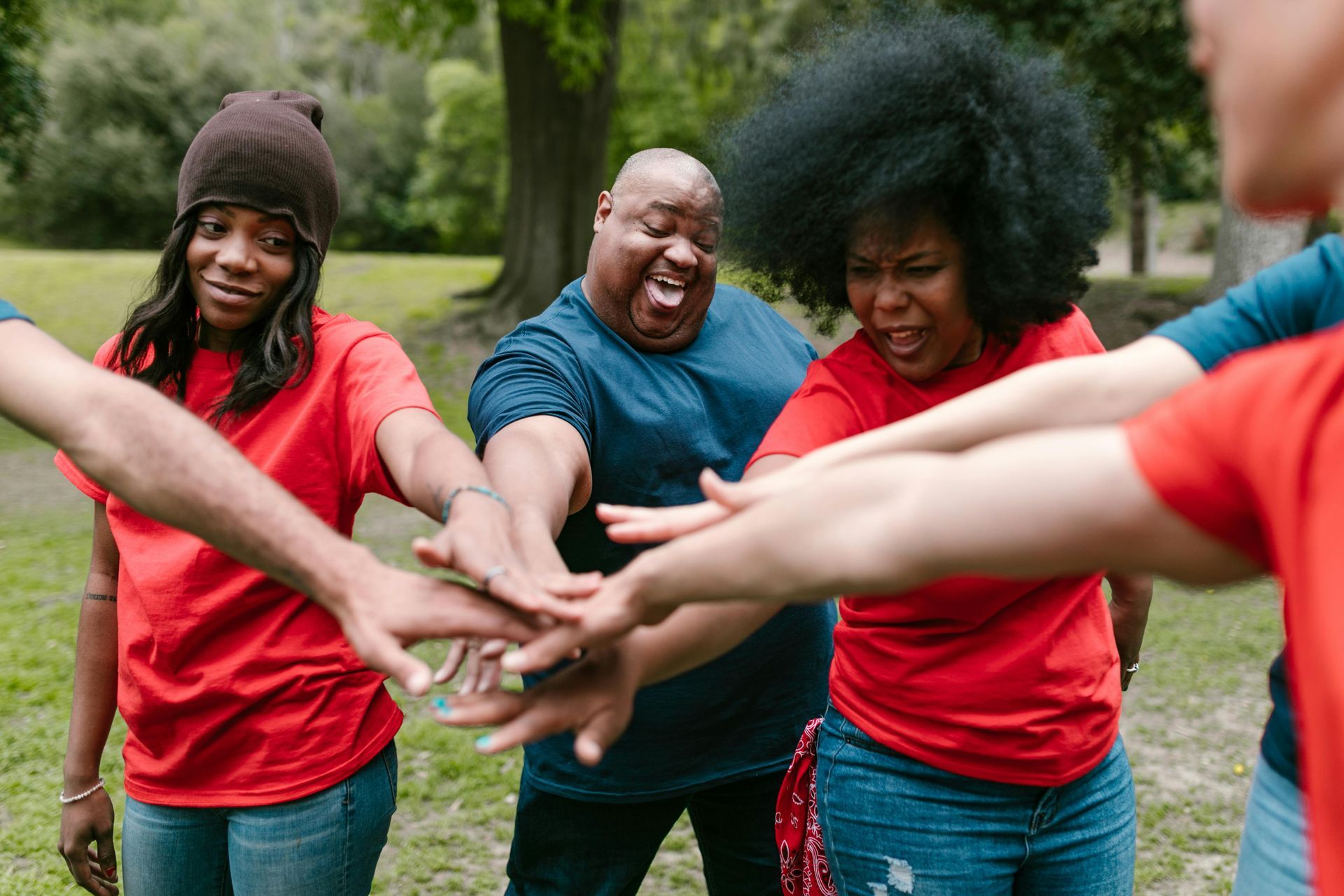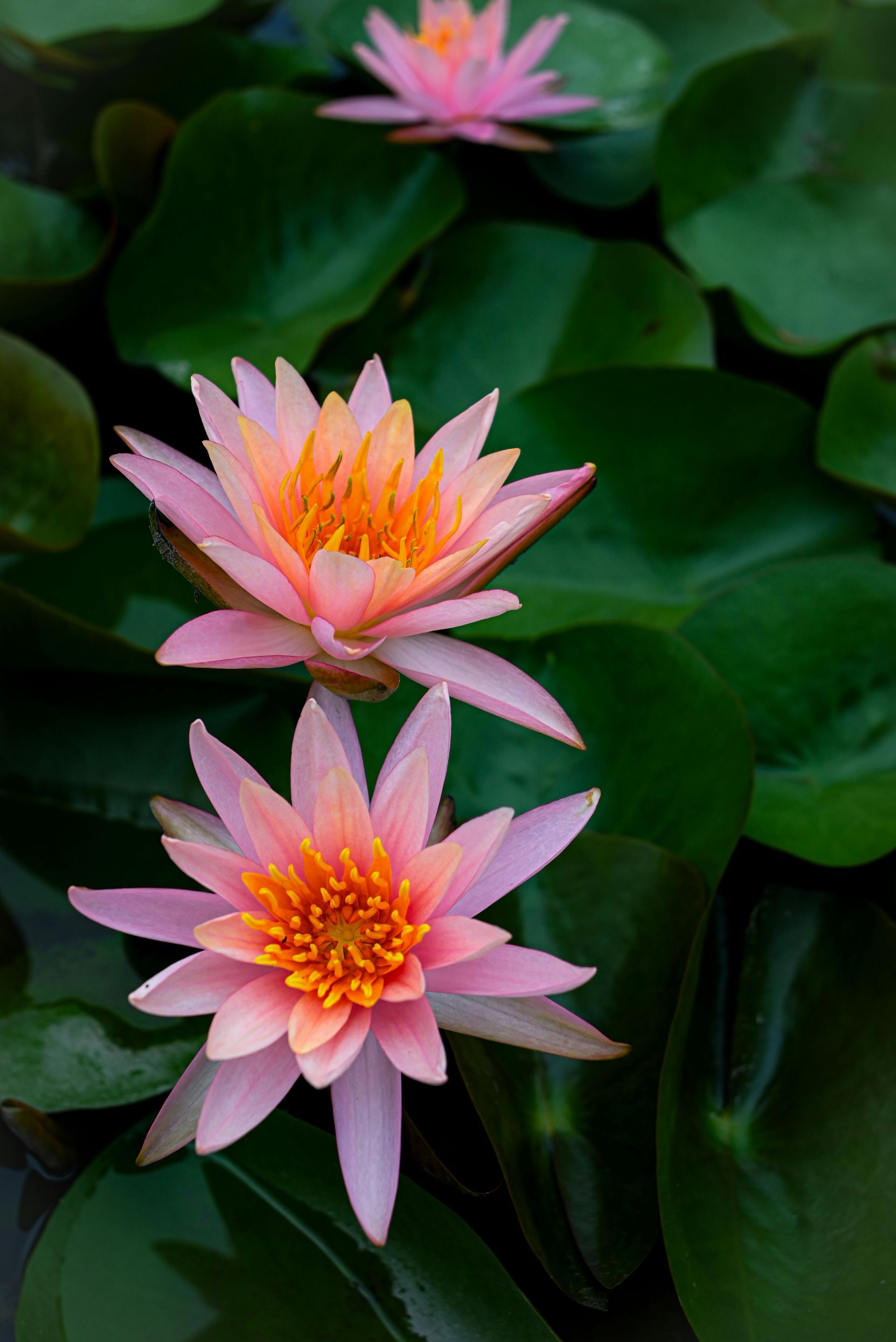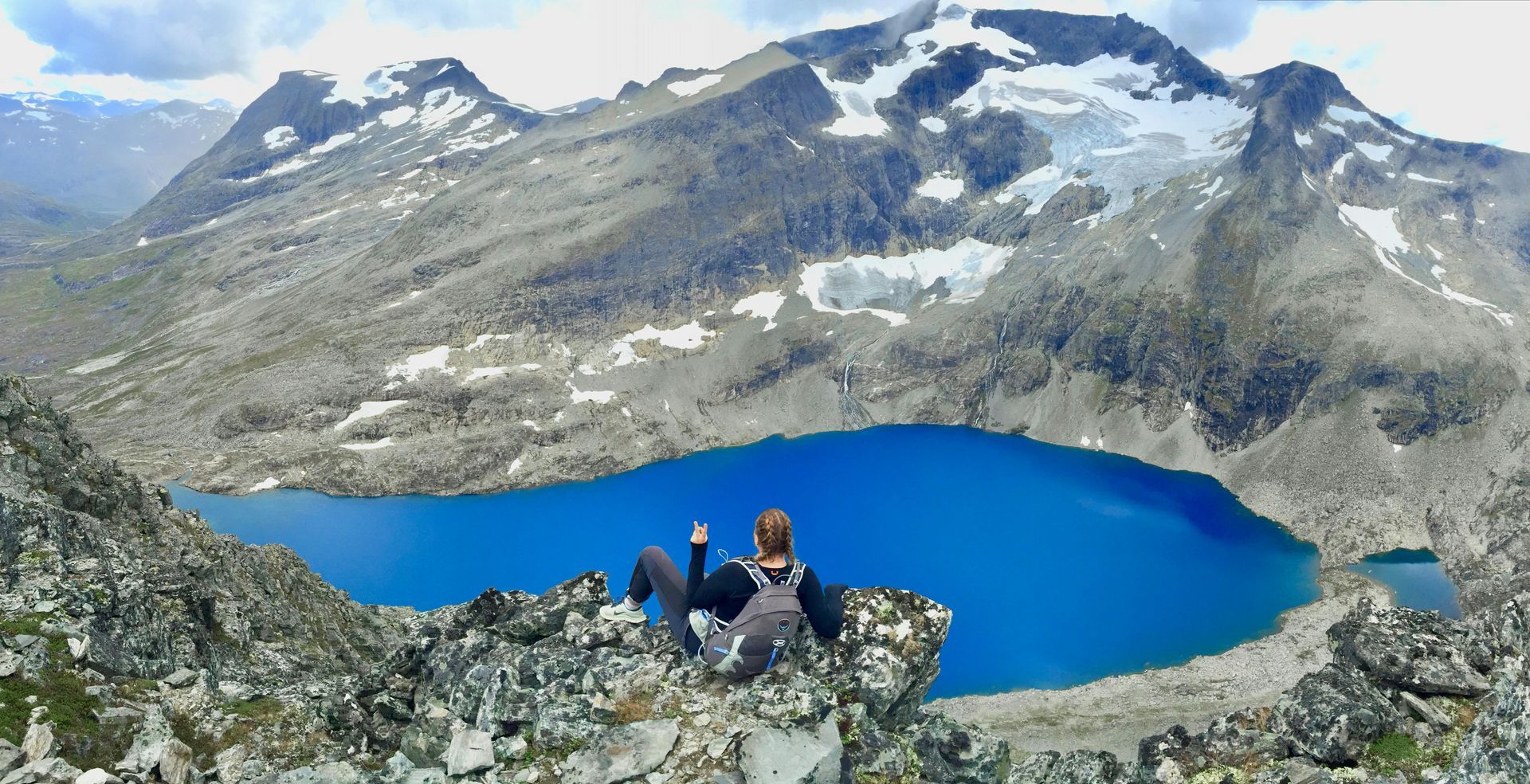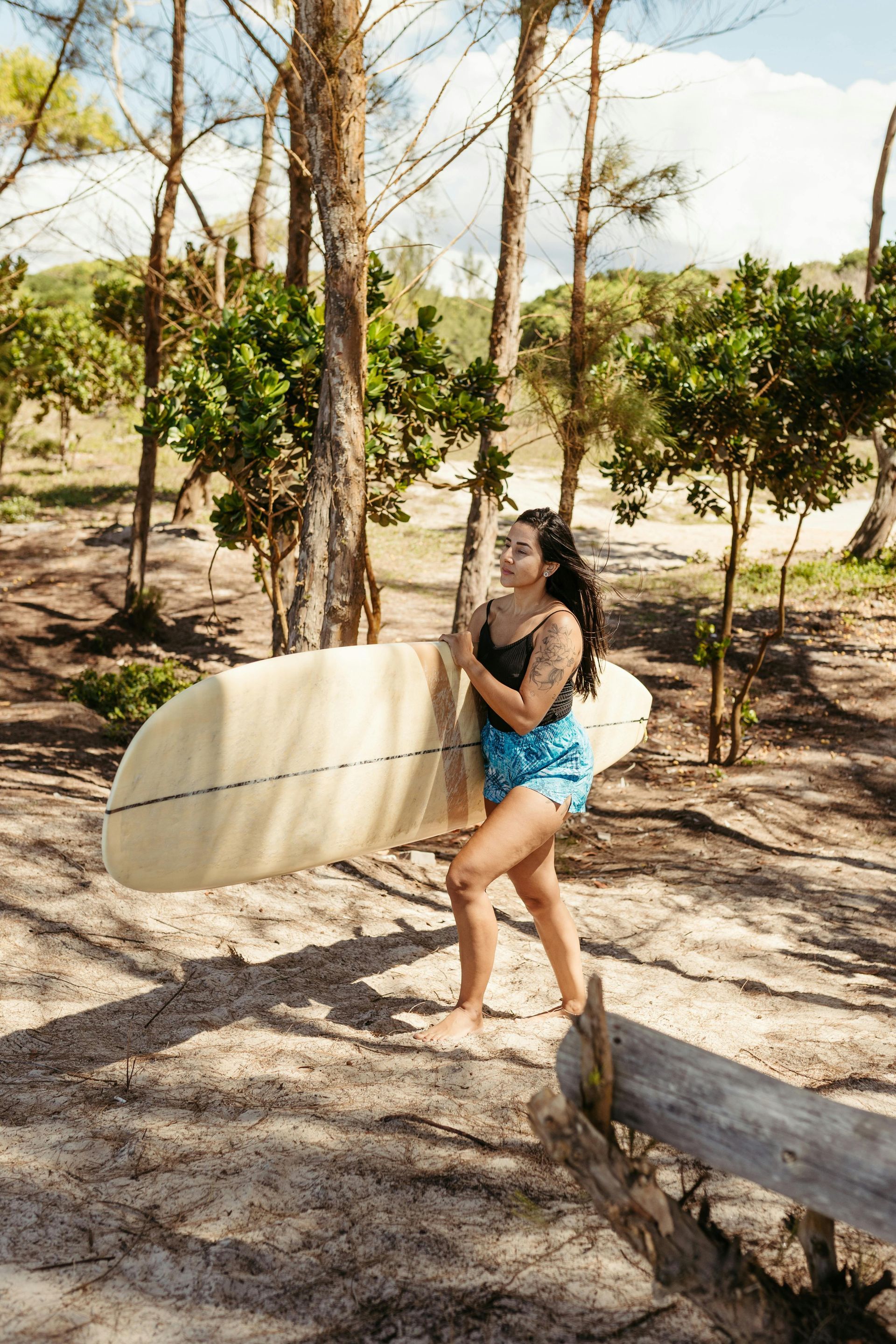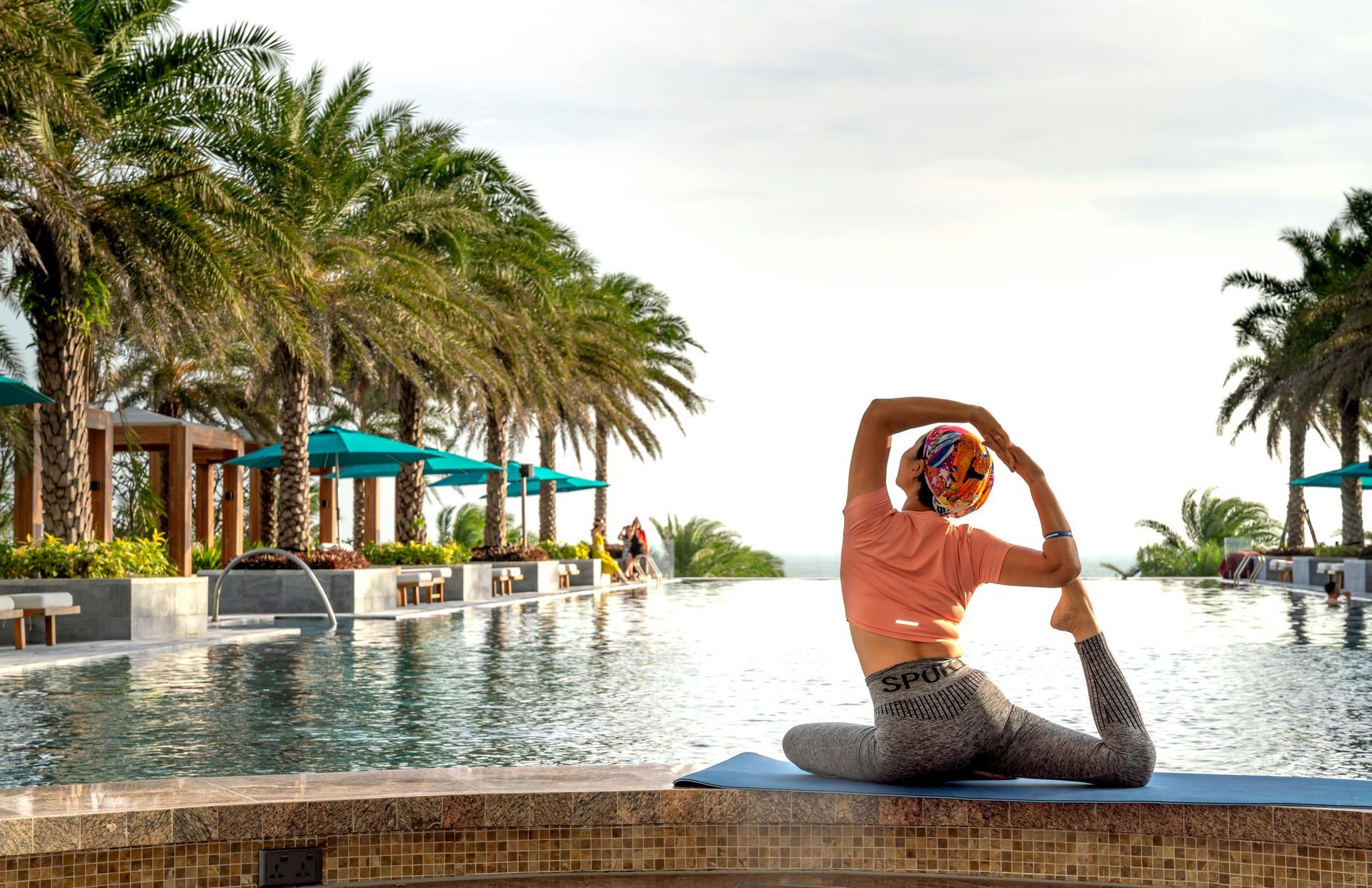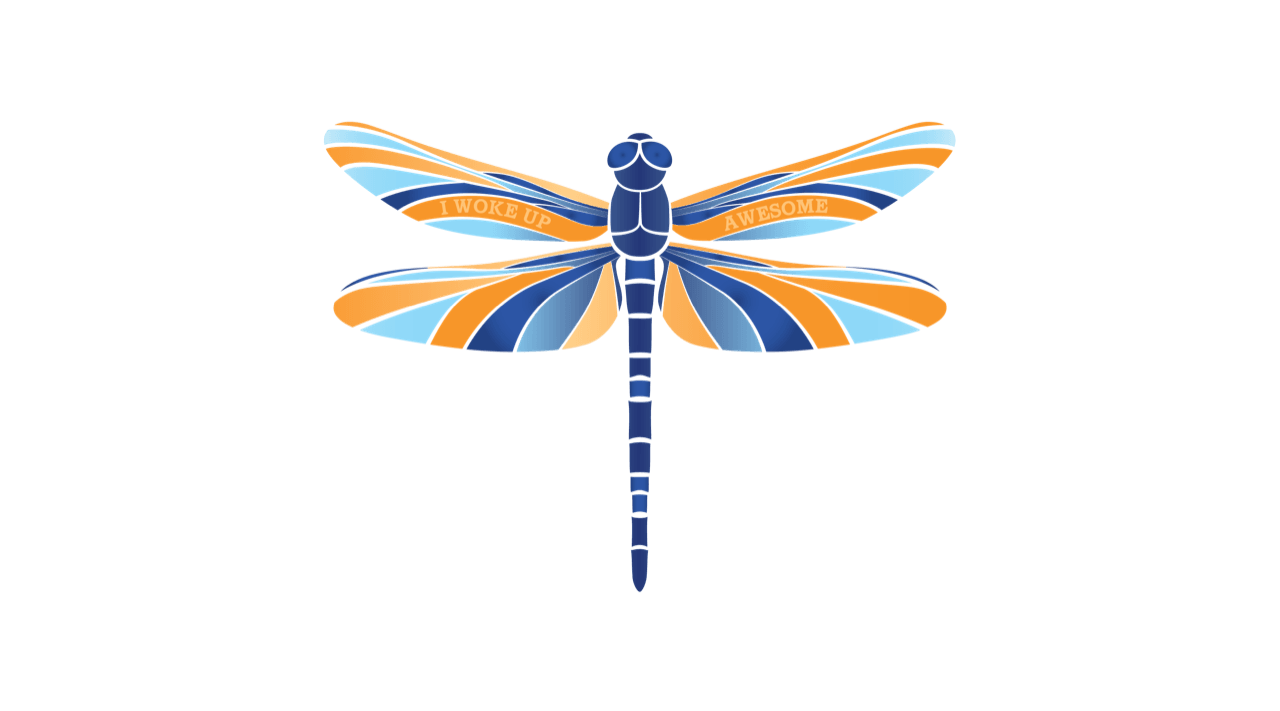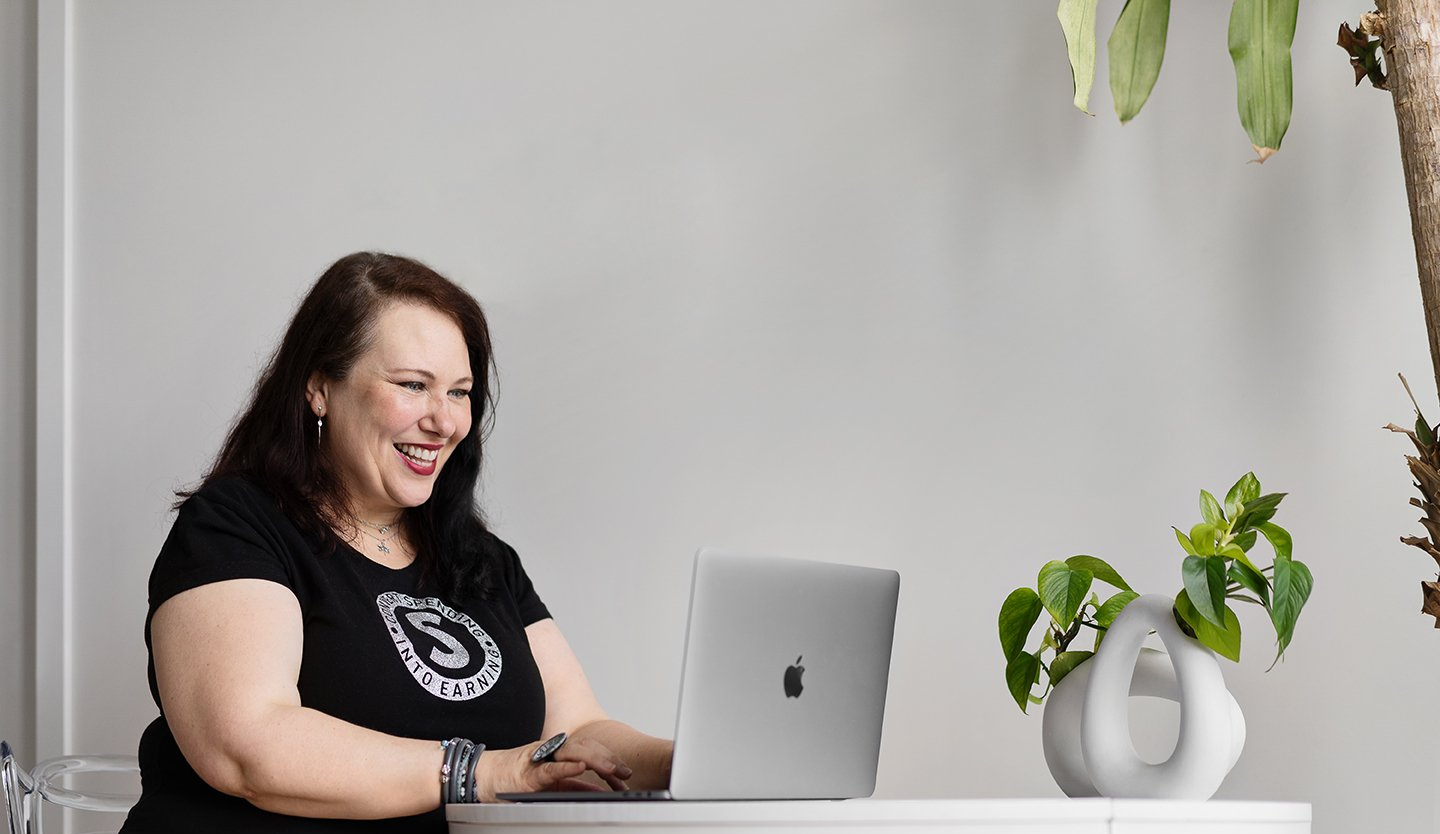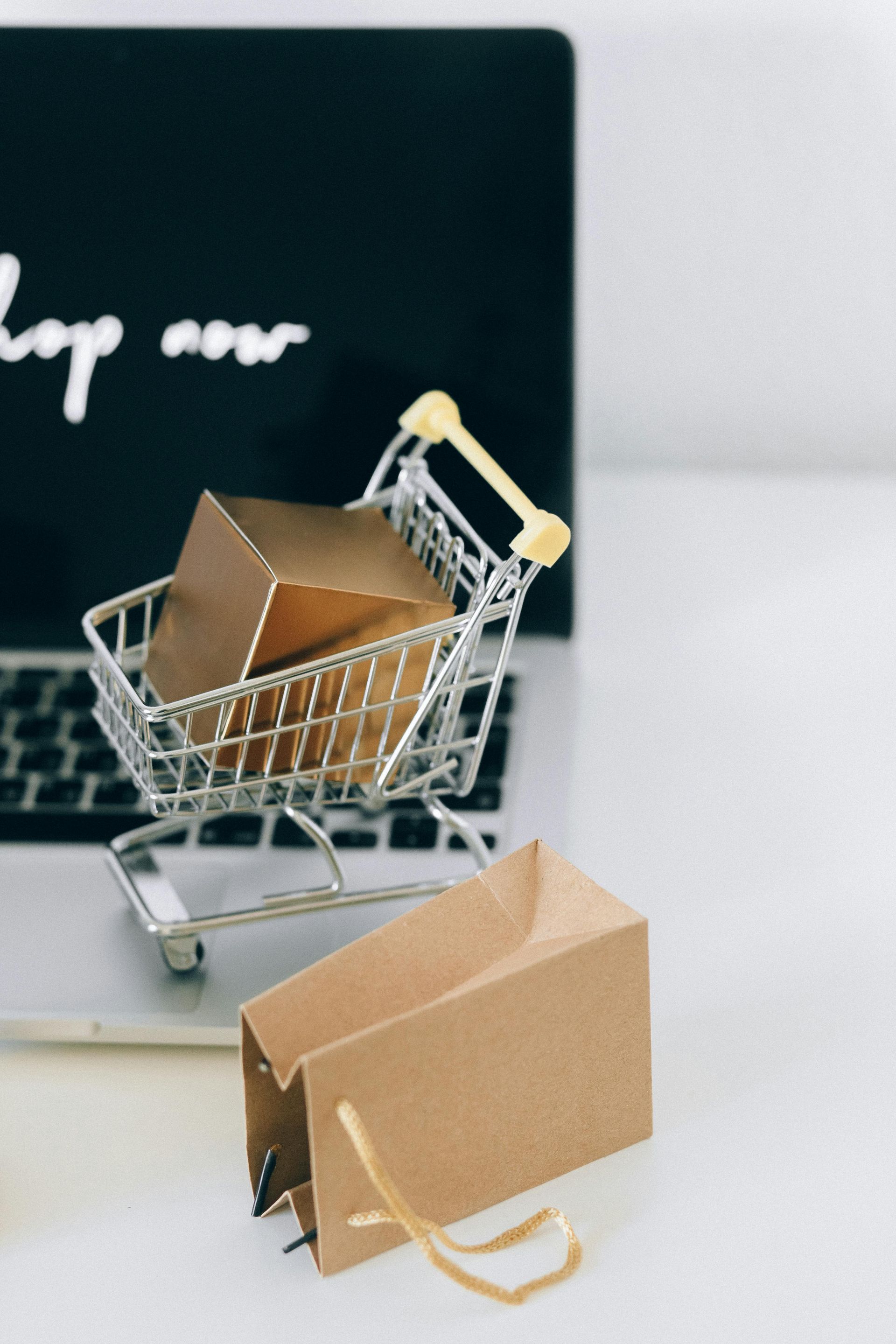Plate 65 - PODCAST - with STEVE LUBETKIN of NJ
Welcome to this week's episode of Trista's PL8STORY Podcast! This week we meet Steven Lubetkin. His plate is PODCAST and he earned it! Steven has been producing podcasts since 2005 when his wife first heard of them on NPR. He shares the history of podcasts and how a VJ from MTV started it all. Steven also has some fun stories of his own family's history, which even the historians did not know. It's a fun and informative conversation with Steven. Check out Steven's book, The Business of Podcasting, available wherever books are sold.
Connect with Steve:
https://twitter.com/podcaststeve
https://facebook.com/PodcastSteve
https://linkedin.com/in/lubetkin
Purchase The Business of Podcasting by Donna Papacosta and Steve Lubetkin on BooksAMillion using your "Shop Buddy App" to earn Cash Back (https://www.shop.com/ALLTHATINTERNET/shopbuddy?credituser=C6176934)
Connect with Trista's PL8STORY Podcast:
-
Nominate a plate - https://www.pl8story.com
-
Meet your host - https://www.iwokeupawesome.com
- Subscribe to Trista's PL8STORY Podcast on your favorite app including Spotify, Apple, Audible, Amazon, Google, IHeart Radio, YouTube and more
- Support the Podcast with a free cash back customer account at http://www.shopallthat.com
Transcript -
Trista, Host: Welcome to this week's episode of Trista's PL8STORY (Plate Story) Podcast. I'm Trista Polo from iwokeupawesome.com and I am your host. Each week, we learn the story behind that vanity plate. You know, the one you saw driving down the road... what did it say? What did it mean? Why did they choose it?
Welcome. I'm very excited to have this week's guest at Trista's plate story podcast, because of all license plates, you could imagine the license plate, his PODCAST. I mean, it's like I'm looking right in the mirror. Welcome to Trista's plate story podcast, Steve.
Steve Lubetkin: Thanks for having me on.
Trista, Host: Yeah, it's great to have you.
So Steve Lubetkin is from Cherry Hill, New Jersey. Pretty near the Philly area.
Steve Lubetkin: That's right. We're about 12 miles east of Philadelphia.
Trista, Host: Great. And your license plate is PODCAST. You must've had that for a long time to have been able to snag that.
Steve Lubetkin: Yeah, I guess I have, it's probably been about 10 years, I would say maybe a little bit longer.
We've been podcasting for 15 years and a couple of years into our podcasting journey. I said to my wife, you know, I was thinking about getting a vanity plate. She said, well, how much they cost? And I said, 50 bucks, and I think I'm going to get PODCAST. She said, that's terrific. Cause it'll be great for the business.
Yeah. Well, when behold it was available, a New Jersey lets you buy these online. And so I bought it and then shortly after that we bought a couple of others. We got a different car, so I got a license plate for that one. VIDCAST because I thought that the term vidcast was going to start to become very common in the world of video podcasting.
It never really took off. So it was sort of like a, Hmm. It's nice, but it's not wonderful. Then we subsequently got another plate PODCST2 too without the a, so it's, PODC S T 2. And then last year we swapped cars around and one of the cars we retitled for my older daughter who had gotten married and she wanted to put it in her own name and with her husband and so forth.
Trista, Host: That's awesome. Now you said you've been in podcasting for 15
Steve Lubetkin: years. That's right. I actually I like to joke to people I've been in podcasting since I was a teenager which is a lot longer than 15 years, as you can tell.
But I when I was about 15 years old, I got bitten by the radio bug. My father was an instructor at the military base near where we lived and Based where they taught all kinds of communications arts, including for the military people who are going to be on armed forces, radio teaching them how to produce radio shows in a mock up of a radio studio.
And he got me in there one afternoon to play with the control board and learn how to operate a radio station. And I, man, I was. And I went home and I started making pretend radio shows in my parents' basement with a reel to reel tape recorder and a turntable and playing back. These pretend radio shows for my friends and I, while we played chess together, there was no way back in the 1970s to distribute a radio show like that.
And so lo and behold, we get to the podcasting era and I'm still making pretend radio shows in the basement and differences that I can now actually sell them to people and produce them for clients and distribute them over the internet.
Trista, Host: Yeah. I mean, what do you like the first podcast ever to go out 15 years?
When did podcasting start? Was it 15 years ago or was it.
Steve Lubetkin: It's it's about that time. Historically, and I go back to the early days of the internet and technology and in fact, In the dark ages of 1977, I was a rock and roll music writer for a local newspaper in New Jersey. In, in that year people who are listening who are grateful dead fans may remember September 3rd, 1977 was a legendary, grateful dead concert.
It was one of the last of the Woodstock era, rock and roll. Concerts with over a hundred thousand people who congregated in a central New Jersey town called English. For this concert, that included performances by the new riders of the purple Sage and the Marshall Tucker band followed by the grateful dead.
So it was a big deal in the, in the municipality. I was sent with another reporter to cover the concert and we used what was then a portable computer. That was about three times the size of the screen and about 70 pounds, which we carried to this concert and they dropped us by helicopter at the venue.
And then we realized we had to not only find a place to plug it into AC power, cause it didn't work on batteries, but there also had to be. There was no internet then. And we had to file our stories by plugging into the phone, but it was okay. It was actually the first rock concert that was covered using a portable computer of some sort, as far as I can tell, I've never seen any other reference to that kind of thing.
So, you know, I go back that far. If you come a little bit further forward in the early days of the internet people started hanging audio files off of websites in the mid 1990s. And at that time I was working for a financial services firm on walls. And we were producing conference calls for investors to listen to where they could hear the financial analysts who are from employees, talking about the rationale for why they rated companies in different ways.
And we started producing those conference calls as a web streamed audio, and then putting the web stream to audio. Up on the website for people to listen to the replay that was in like 1995. So we were doing it a lot fairly early on. It didn't really become podcasting until around 2003, 2004, when a fella From MTV named Adam Curry became a very popular, he was one of the first VJ's on MTV.
Trista, Host: I know, I remember him
Steve Lubetkin: and there's may remember that when MTV actually played music videos and Curry was an early adopter of the internet and he came up with the idea of using building a website for MTV. And he, you know, I imagine. The conversation went, something like this, you know, long haired, MTV VJ, Adam Curry goes to the suits at MTV at HBO corporate or wherever it was and says, Hey, we should have this thing called a website and I can put up playlists and I can put up stuff about bands and concerts and things.
And they said, just go back and play some music, you know, leave us alone. And Adam went out and he bought the domain. MTV.com. And he started the website. He did it himself and it became very popular. And then a couple of years went by and there was a landmark case in Chicago where someone had purchased the domain name McDonald's dot com.
Okay. That wasn't the burger. And the burger chain sued. And in the landmark decision, the court said you can't cyber squat was the term that was used. Cybersquatting you can't buy someone's domain name. If, if they have a trademark on the name that you're basing it on. And so MTV at that point realized that they didn't own mtv.com and.
The upshot was that Curry ended up leaving MTV right around that time. And MTV got the website, but Curry partnered with a guy named Dave Weiner who was an internet technology. Who had invented something called RSS, really simple syndication, which is the way that a lot of internet content is even today, still distributed to people.
You get an alert in a RSS reader. If something new comes along, that you're interested in, but what a Curry and Weiner came up with was a way to point those RSS. Readers to content like audio and video without actually pushing the audio and video files out over the internet. One of the early companies that tried to do this was a company called Pointcast, which they gave away a piece of software.
You put on your computer and you could customize it to deliver news to you, including video and audio. The problem was every client. Every piece of software that was distributed, pulled down its own separate blob of rich content of audio and video. And once it started hitting corporate firewalls and they realized how much traffic was hitting them, they started blocking it and the business model went away.
White cast couldn't sell advertising if they couldn't get into the corporate environment and get to these multiple sites. So that, that idea of pushing the content to each individual was, was really not going to work. What RSS does is it points you to a location where the file resides. So it doesn't have to send you the file.
It's just sending you basically the URL. For the podcast, sending you the link and that became the way that people distribute. And so if you talk to purists about the definition of a podcast, a podcast is an audio or today a video file that is distributed using RSS technology. Now for the vast majority of people, that really is irrelevant because most people get their podcasts from a podcast.
Service like iTunes or Google podcasts or an app or from the website of the podcast producer.
I have to say, you have earned the right to have PODCAST as your license plate, the word podcast with your, your history lesson. That was very interesting. I didn't know a lot of that. And I had no idea, Adam Curry of all people was kind of the starter of the podcast era that we're in now
he's referred to as the pod father by a lot of people.
All
Trista, Host: right. I did not know that. See, I'm part of this whole culture. And I wasn't aware of the start of it. So now I have a, more of an appreciation of it, which is great. And so when you first started on podcasting, what kinds of things did you do?
Steve Lubetkin: Actually I became interested in it when I was exiting from my corporate career. I spent about 30 years working in corporate public relations jobs. And during that time, because my prior to going into corporate PR, I had worked as a journalist, both as a print journalist and as a broadcast journalist on the radio and loved being on the radio.
But even today, it's very difficult to make a living being on the radio. And so, you know, I went into corporate PR. And spent, you know, all those years, but I always kept my interest in, you know, trying to meet the media where they are. And so as a PR person, I was always trying to produce audio and video clips that I could merchandise to journalists.
I was trying to pitch stories to. And so, you know, when I exited from the corporate world after surviving a couple of large bank mergers, and then ending up on the outside, looking in. This was around 2004, 2005, as luck would have it. My wife had heard an early feature on NPR about podcasting and said, you know, with your radio background, you should really be looking into this podcasting thing.
I think that's where you're going to have. More success. And I listened to the story and then I started listening to some of the early podcasts and what I heard reminded me a lot of how I sounded and how my friends sounded when we were doing college radio. And when you first started college radio, People who have done it will recognize this.
You're very smitten with the idea that you're on the radio and you want to, you're enthusiastic. You want to talk about the microphone you're using. You want to talk about the mixing board. You want to talk about who's in the studio with you. And the reality is nobody cares. They don't care about that stuff.
Play the music, you know, tell me what time it is. Give me the weather. And what I was hearing was okay. What sounded very amateurish, but, but the light bulb went off in my head and said, this could be a really great way for corporations and organizations to distribute their content in an easy to digest format, like a radio show.
But it has to sound good. It, it doesn't have to sound completely professional, but it has to sound a lot more like NPR or the Canadian broadcasting corporation or another professional outlet than like an amateur night product. And so, you know, my, my thing was to learn how to produce digital audio, because I grew up in an analog world.
You know, I grew up when we made recordings on magnetic tape and the tape played in a grease pencil. Yeah. Yeah. You make the edit in the wrong place. You're you're cooked because you didn't have the ability to make copies easily or to go back. So so I had to learn the digital tools and I had to acquire some digital tools and that meant, you know, digital audio recorders and, you know, better microphones.
I had some mix, but not, not the best. And then, you know, as time went on, I needed more and more gear. And after a couple of years, people started asking for video and I had been a photographer. My dad was a photography instructor and taught me some of what he knew. I, you know, I had to go back and start doing video because people wanted videos.
So we added video to the mix and over the years, we've upgraded and upgraded. And about five years ago, my son-in-law built me a TV production studio in the basement of my house, which is where I'm sitting today. And now I can produce live stream videos from bringing together guests from anywhere in the world.
We do that for several clients now . You know, multiple guests and switch it like a regular broadcast cable TV interview show with multiple heads on the screen. And as you can see, I've got the visuals on the screen with my reference points.
And that's the kind of thing that, you know, we've just grown over the years. And, and podcasting has been. A really useful tool for our clients in promoting their expertise, because it gives people an opportunity to listen to the actual thought leaders, the actual subject matter experts talking about the, the topic that's important to them and to their clients.
Trista, Host: Great. And so do you have any shows you personally put out there or are you mostly working for other people producing their product?
Steve Lubetkin: Mostly for other people, but I do have a couple of shows that I do for my own enjoyment. I have a show that I do which has the obnoxiously egotistical name Lubetkin On Communications, which is a podcast where I interview people in journalism and communications, public relations folks about their work.
A show about podcasting. There are plenty of podcasts about podcasts but you know, conversations with people like a, there's a fellow named Charlie who got some national attention, a couple of. Last year he is a, a journalist and community activist in new Brunswick, New Jersey. He was up in the north central part of the state.
And he got himself thrown out of a speech by the woman from the white house press Corps, April. I'm forgetting her last name. The woman who covers the white house for urban, urban radio news. Can't think of her last name, but he got thrown out of the speech and he kept his camera rolling while he was being thrown out by the security people.
And he got some attention for that. So we interviewed him and he's done some great work in terms of investigative journalism at a very hyper-local level. And we've interviewed some other people. I did a video interview with James Steele, the former Philadelphia Inquirer reporter. And a Pulitzer prize winner who with his partner Don Barlett has just, re-issued a book they wrote in the nineties called America, what went wrong.
And the crisis deepens is the subtitle of the new version for where we are today with the pandemic and the economic crisis that we're facing. So we've had some interesting people. And then the other one I do is And that one sort of fits that. Bill is a podcast on books and authors, where I interview different kinds of books and also musical artists.
And that's especially nice when we have an independent artists where we can play their music because most podcasters know it's really hard to get permission to play copyrighted music during the park. And one of the reasons why I can't do the pretend radio shows that I did as a kid is because they would get dinged.
If I tried and I I'd be hearing from somebody.
Trista, Host: I actually had an a guest on the plate story podcast. That's an independent artist and they were fine with me sharing snippets. I didn't. I said, I'm not going to do full songs just for the sake of time as well, but they said, I'll use whatever you want you to let us know if you need better quality files. (SIRSY) they were great about it because they just love connecting with their fans and they love what they do.
Steve Lubetkin: That's interesting, you know, it's, it's, it's an interesting outgrowth of the independent music movement. And really this goes back to the grateful dead, to be honest with you. Back in the early seventies, the dead were one of the first groups and, and still today, the, the successor group to the dead one of the only groups that allows fans to and encourages fans to come and tape their music.
At the concert, they, they actually started in the, in the sixties. I think the dead would rope off a section in front of the stage. They called it the taper section and people would go there with their portable recording equipment and record the, which is why out of, I think there are 2,700 or so grateful, dead live concerts, almost all, all of them are available as a recording, including the one that I covered in 1977.
And they're good quality recordings for the most part. Many of them are even. The recordings made directly from the soundboard of the engineers at the concert. So there's some really good content out there. And they were one of the only ones to understand that they could market themselves in that way.
A lot of other groups are starting to do it independent artists, usually because the record companies really don't like that.
Trista, Host: So you do corporate stuff as well. You have a turnkey podcast production company.
Steve Lubetkin: That's correct. And, and what we found is, you know, companies want to do podcasting, but they don't want to commit the resources to funding a podcasting production operation generally. And it doesn't make sense for most companies to do that.
The media companies like, you know, radio and television production companies, that makes sense because all they have to do is just push another button. For a different kind of output, but for a regular company in say the financial services or the insurance industry it may not make sense for them to have a full-time staffer and what they tend to find out.
They tend to assign the podcasting duties to someone as a second. Responsibility. And it's often not the communications people who get that responsibility. It's often the, it people, it's the people who are taking care of the computers in the company. They're the ones who, who tend to be more interested in gadgetry and trends and things, and podcasting and video tend to be more closely associated with the internet than with communications and broadcasting for summer.
And so what happens is they'll, they'll assign it to an it person. They'll even give them budget money to go out and buy some really nice equipment, cameras, lights, you know, digital recorders, things like that. And they'll go around and record interviews and content and stuff, and then want to go back to their desk to sit down and read and produce it and do the post-production work.
They get pulled away for other duties and it ends up not getting done. And so having an outside turnkey. Production company like mine enables the company to just say, we, you know, here's the podcast, here are the people that are going to be on. You do the recording, edit it, finish it, get it, give it to us.
And you know, we'll react to it and we'll make some edits and we'll be done. And what they get back is a fully finished program that they can then use their channels to distribute. We can help them with that if they need to, but more and more companies already have channels in place that they can use to distribute it.
So we just turn over the file to them and they go off and distribute their product.
Trista, Host: Yeah, absolutely. Now, when we talked before you have a pretty tricked out studio, would you mind for the video Watchers showing off your studio?
Is this video only content. This is not going to be part of the audio parts. If you want to see the studio, you got to see the video.
Now we are coming in for a landing here, but I know you, I wanted to change the topic a little bit. You said when we talked before that you have some very weird stories in your family tree or into genealogy and that kind of thing. So I did not want to wrap up until we had a little chat about that. So tell me about.
Steve Lubetkin: Oh, gosh. Well there, there are a couple, I guess one of them is there's a a first cousin, three generations back from me. So he's first cousin thrice removed who was who was, what, what, at that time they called a confirmed back. And this, this cousin, Aaron was his name. He went by the name, Archy was an interior decorator in New York.
And as I began researching him, it became very obvious that every time he showed up in the census he showed up with a another fellow living as a lodger in his apartment. And over the years, it was very clear that they were together as a couple. They were in a committed relationship for almost 40 years.
And
Trista, Host: before that was even
Steve Lubetkin: discussed. Oh, absolutely. Absolutely. And the fellow that he was involved with was a fairly prominent entertainment lawyer in New York city who threw parties and represented very glamorous artists in the twenties and thirties and forties. And they were, they were quite successful and quite wealthy and they traveled the world and When, when the partner died the partner who had again had been a lawyer made the terrible mistake of writing his own will and he wrote it wrong and he ended up disinheriting without intending to my cousin.
And the bank that was one of the trustees for the estate actually went to court to get a decision. And the court ruled, yes. He wrote it wrong and he shouldn't have, and the money ended up going to a foundation that still exists today. And provides grant money for promising young classical musicians.
And, you know, it took all this information and I sent it to the foundation and said you know, I don't want to cause anybody any trouble or problems probably I've got this information. And I would love to know more about this fellow. And they were amazed at what we had discovered. There were a number of references to them in, you know, various publications.
You know, discreet references. And they said, you know, more than we knew, well, we know is that we've got this pile of money that we give out in grants, but they did put me in touch with with the fellows. I guess niece who had some correspondence and some photos. I mean, these guys went all over the world.
They, they were doing like world tours and bucket list trips long before anybody was doing that kind of stuff. They went to India and rode on elephants. They went to Thailand, they went to just all kinds of exotic places. Wow. So they had a very interesting life together. So that was, you know, probably the most curious one that I found.
We also had another they started as far as I can tell, you know, the, the census records. Quite a ways, but the first evidence I could find of them together was around 1920. Wow. So they, they were together from around 1920 through the mid fifties when, when both of them passed. So you know, really just an interesting story and interesting side.
Yeah. Yeah, it was kind of, it's one of those things I would love to research if I had the funds and the ability to sit in the library because a lot of the records are probably not digitized out through a lot of paper records to do any kind of serious research.
Trista, Host: That could be a fun podcast. There's a podcast I saw recently where they talk about the.
Relationships between women. So like a prominent woman and then a woman that was important in their life somehow like maybe a family member or whatever, and you never hear about that other person, but they were a very significant part of why the prominent one came to be so prominent. So I always find those stories.
Interesting. The things that are underneath the public information. Sure. Absolutely. That's
Steve Lubetkin: fine. That's what adds and adds a greater understanding to, you know, how we got to where we are. Yes,
Trista, Host: exactly. Awesome. What's been so fun having you on. I always like to turn the tables and see if you have a question for me. So is there a question you'd like to ask me before we wrap up
Steve Lubetkin: and what was the strangest vanity plate that you have encountered so far?
Trista, Host: Hmm. You know, I see so many, I'll tell you one of my favorite.
That is strange. It's I T H 5 and it's on a Jeep and the frame, the license plate frame around it is upside down and says happens at the bottom. And so if you. Look at the plate right. Upside down. Right. And I'm like, oh my God, that's so clever and odd. And not at all
Steve Lubetkin: expected. That's the skirt, the the rules against you know, obscenity is on license plates.
There was a there was a clergyman whose last name was hooker and he wanted to get his last name on his license plate and they rejected him several times. I want to put hooker on the license.
Trista, Host: I do something called plate spotting. Where, when I have a few extra minutes, I'll drive around a parking lot, looking for vanity license plates, take pictures of them.
If it's not a pandemic, I'll leave them a postcard for them to be on the show. If they'd like,
Steve Lubetkin: I hadn't thought of that.
Trista, Host: Yeah. And one of them, I saw recently it was in a parking lot of a grocery store near where I live and it was A K four D 7 -AK 47. Oh no. And I thought, I wonder if the D is in there so it could pass the auto generated and it was interesting that they got away with that plate. And but it's, it, it creates a reaction for sure.
Steve Lubetkin: I was in the I was on my way to meet my wife for lunch one day. And in the parking lot, there was a license plate that was wicked. Without, without a lot of the vowels, but wicked wizard. So I took a picture of it and I walked 10 feet and there was another car park that was wicked witch I think they're together.
Yeah. It was husband and wife. Well, certainly, you know, meeting for lunch, just like we were, but yeah. Yeah, the combination
Trista, Host: I, I have old, which I found that one in a parking lot recently.
Steve Lubetkin: There's also a car driving around New Jersey with the license plate covert op.
Trista, Host: I just find those. So funny, a friend of mine sent me a New Jersey plate and the plate says, I'm famous.
And I'm like, if you are famous, you don't need it. I played to tell people, plus it's this beater cars, clearly, it's someone who's famous in the future, in their, you know, goals and dreams. But I find those irony plates to be particularly interesting. So it sounds like you're into license plates, not just on your own car, but like I am, you kind of tend to collect.
Steve Lubetkin: Oh, yeah. Yeah. As a matter of fact, I was, I was looking for these pictures today, before we got on the, on the air. And I, I found several of the others that I had collected that I'd forgotten about. Oh, nice. I have a flicker feed of vanity plates and I'm going to add some of them to it. Well, if you,
Trista, Host: yeah, I was going to say, if you ever have any that you think I might enjoy, definitely send them along.
They may end up on my Instagram and Facebook feed. I definitely have people send me pictures they see, and I always say, make sure you're safe. Don't do it while you're driving. It's so tempting driving behind somebody and you want to catch that plate.
Let's be safe. Do it at a light or in a parking lot. Yeah. Yeah. That's advice for everyone. Cause it's tempting. I know it is. I've been there,
Steve Lubetkin: like those commercials that, you know, they want you to go on a, on a trip somewhere and they show somebody cliff diving in Hawaii and it says, do not attempt. Yes,
Trista, Host: exactly.
Do not attempt. It's been so fun having you on. I really appreciate you being here, Steve. Thanks for joining me and sharing your plates story. Do you have any last words or last advice from you to an independent like myself?
Steve Lubetkin: I would just say keep podcasting and you know, if you think it's going to help you buy the book.
It's the business of podcasting.com is the website.
Trista, Host: I bet that's a great tool for anyone who has a podcast or is thinking of having a podcast or even getting into the production side. So I'm glad you shared
Steve Lubetkin: that
Trista, Host: I hope you have a great rest of your day and I'll see you out there on the road.
Thank you very
Steve Lubetkin: much. Take care.
Trista, Host: Thank you for joining us for this week's episode of Trista's PL8STORY podcast. Please subscribe to Trista's PL8STORY podcast to get the story behind all those vanity plates, driving with you on the road. And if you would like to nominate the owner of a license plate, including you... Or visit any of our partners and sponsors come and see us www.pl8story.com. That's P L number eight story.com and give us the details.
If you enjoyed this episode, please drop a review and give us a share. I'm Trista Polo wishing you well on the road to your next adventure.
I Woke Up Awesome Blog
